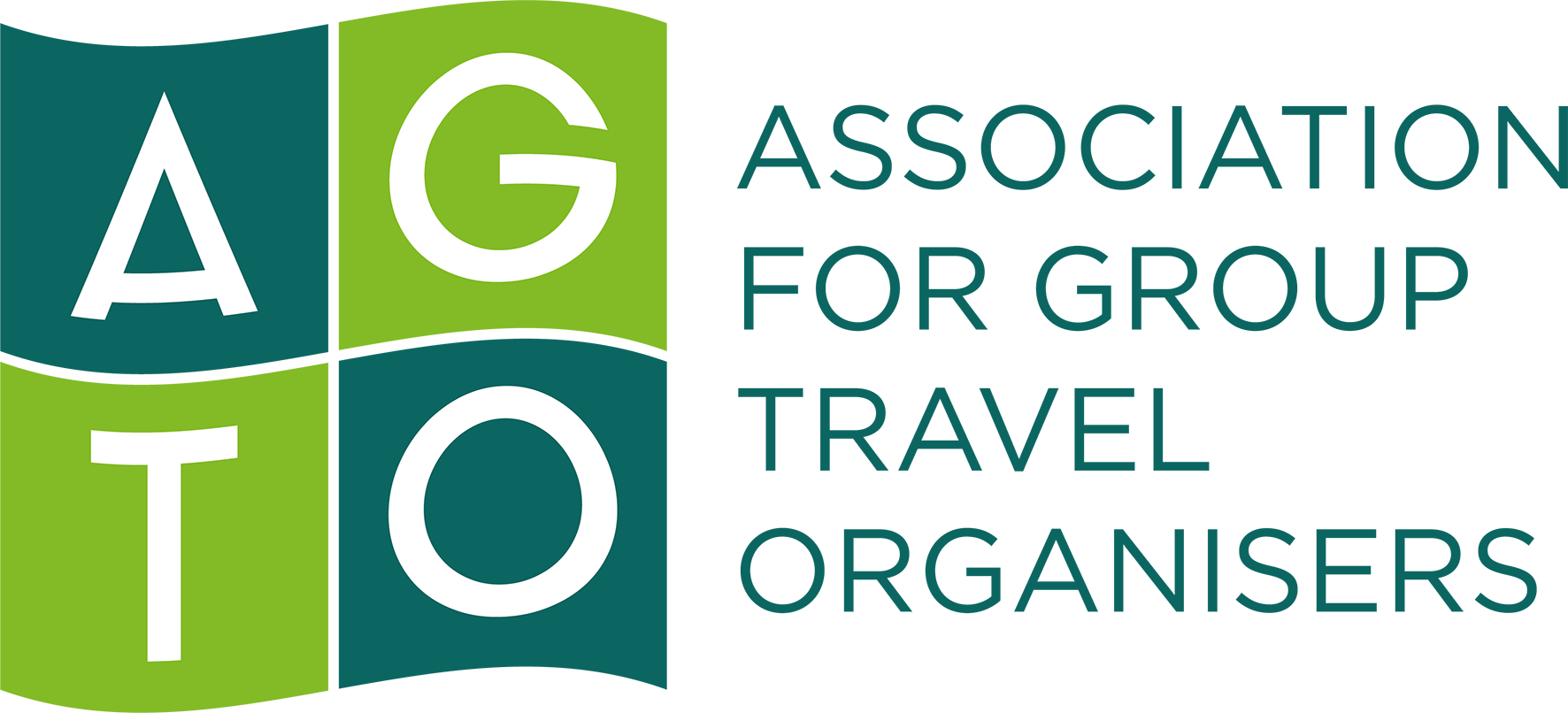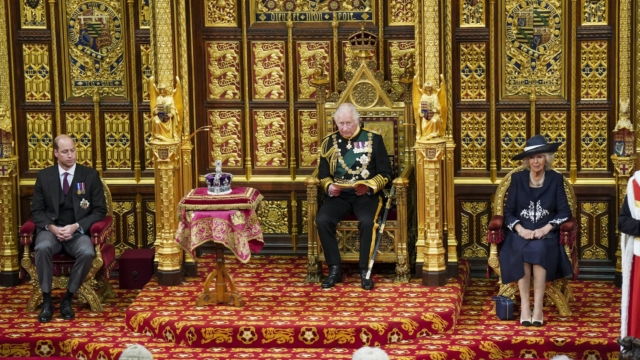Attached a copy of the lobby pack that supports the Queen’s speech. Here are some…
COVID-19 Update 22nd October 2020
- Job Support Scheme (Open and Closed)
The Government has published details of the revised Job Support Scheme.
-
- Businesses that are operating but facing decreased demand can get support for wages through JSS Open.
- Businesses that are legally required to close their premises as a direct result of coronavirus restrictions set by one or more of the four governments of the UK can get the support they need through JSS Closed.
JSS Open
The employee will need to work a minimum of 20% of their usual hours and the employer will continue to pay them as normal for the hours worked. Alongside this, the employee will receive 66.67% of their normal pay for the hours not worked – this will be made up of contributions from the employer and from the government. The employer will pay 5% of reference salary for the hours not worked, up to a maximum of £125 per month, with the discretion to pay more than this if they wish. The government will pay the remainder of 61.67%, of reference salary for the hours not worked, up to a maximum of £1,541.75 per month. This will ensure employees continue to receive at least 73% of their normal wages, where they earn £3,125 a month or less.
Eligibility
-
- Employers with over 250 employees need too have undertaken a Financial Impact Test demonstrating their turnover has remained equal or fallen to show they have been adversely affected due to coronavirus;
- Employer with less than 250 employees are not required to satisfy the test
some, or all, of their employees are working reduced hours – employees must still be working for at least 20% of their usual hours.
JSS Closed
Each employee who cannot work due to these restrictions will receive two thirds of their normal pay, paid by their employer and fully funded by the government, to a maximum of £2,083.33 per month, although their employer has discretion to pay more than this if they wish . This will help protect employee incomes, limit unemployment and retain employer-employee matches so that these premises are able to reopen as quickly as possible when circumstances allow.
The Job Support Scheme will be open from 1 November 2020 and run until 30 April 2021. The government will review the terms of the scheme in January. Employers will be able to claim in arrears from 8 December 2020, with payments made after the claim has been approved.
Eligibility
Eligible employers will be able to claim the JSS Closed grant for employees:
-
- whose primary work place is at the premises that have been legally required to close as a direct result of coronavirus restrictions set by one or more of the four governments of the UK
- that the employer has instructed to and who cease work for a minimum period of at least 7 consecutive calendar days
IMPORTANT
A complete list of employee eligibility requirements for JSS Closed and further guidance will be published by the end of October.
https://www.gov.uk/government/publications/the-job-support-scheme/the-job-support-scheme
- Extended SEISS
Guidance has been published on the revised extended SEISS scheme announced by the chancellor earlier today
- Local Lockdown Changes
The following areas will move to Tier 2 (High Alert) from Saturday 24 October:
-
- Coventry
- Slough
- Stoke-on-Trent
This means that is these areas:
- people must not meet with anybody outside their household or support bubble in any indoor setting, whether at home or in a public place
- people must not meet in a group of more than 6 outside, including in a garden or other space
- people should aim to reduce the number of journeys they make where possible; if they need to travel, they should walk or cycle where possible, or plan ahead and avoid busy times and routes on public transport
https://www.gov.uk/government/news/local-covid-alert-level-update-coventry-slough-and-stoke-on-trent
Liverpool City Region Very High Alert Area Update
The guidance for the Liverpool VHA area has been updated to reflect that soft play centres and areas will close from 24 October and indoor gyms, fitness and dance studios, and sports facilities will reopen to all users from 24 October.
https://www.gov.uk/guidance/local-covid-alert-level-very-high-liverpool-city-region
- Air Corridor Changes
This week’s review of Travel Corridor countries have resulted in the following countries being added to the air corridor list
-
- The Canary Islands
- Mykonos
- The Maldives
- Denmark
And the following country has been removed from the Air Corridor List
-
- Liechtenstein
These changes are UK-wide and come into effect on 04:00 on Sunday 25th October.
- ONS Research – Impacts on Businesses
The ONS has released it’s latest update on the impact that Coronavirus is having on UK businesses. Some of the key findings demonstrate that the tourism and hospitality sectors continue to be the most impacted components of the UK economy:
-
- The arts, entertainment and recreation industry had the lowest percentage of businesses currently trading, at 70%, compared with 86% across all industries.
- The accommodation and food service activities industry had the highest percentage of businesses with no cash reserves, at 7%, and had the highest percentage of businesses with a severe risk of insolvency, at 17%.
- Businesses with 0-9 employees (of which there is a large number in the tourism industry) have the highest level of closures at 12.2%
- While 48% of UK businesses have seen a decrease in revenue, this is 67-75% in the tourism related sectors
- Over 25% of staff in tourism-related sectors are still on partial or full Furlough
- Job Retention Scheme and SEISS Statistics
Further research – this time an analysis of the take-up of the CJRS. There is a wealth of data here but the key finding is that the take-up of the scheme at 31st August was highest in tourism-related sectors at around 45-50%
There is also data on the SEISS side which is interesting in that it shows that only about 50-60% of tourism-related businesses run by self-employed people were deemed to be eligible for support. However, of the 182,000 businesses deemed eligible, 65-70% made claims.
And there is also a secondary analysis that shows that, at the end of August, around 85-90% of people in tourism-related sectors who had been on furlough were still on the company payroll. This is not unexpected as this was the period where the Government was paying almost all the costs associated with furloughed staff
- New Local Authority Allocation
The Government has announced a further allocation of £1bn to local authorities to ease funding pressures. This comprises:
-
- £919 million to support councils’ response to the pandemic
- £100 million scheme to support local authority leisure centres
Here is a link to a spreadsheet that shows the amount that was allocated to each individual authority – as well as the total amount allocated to each local authority so far.
https://www.gov.uk/government/publications/covid-19-emergency-funding-for-local-government


